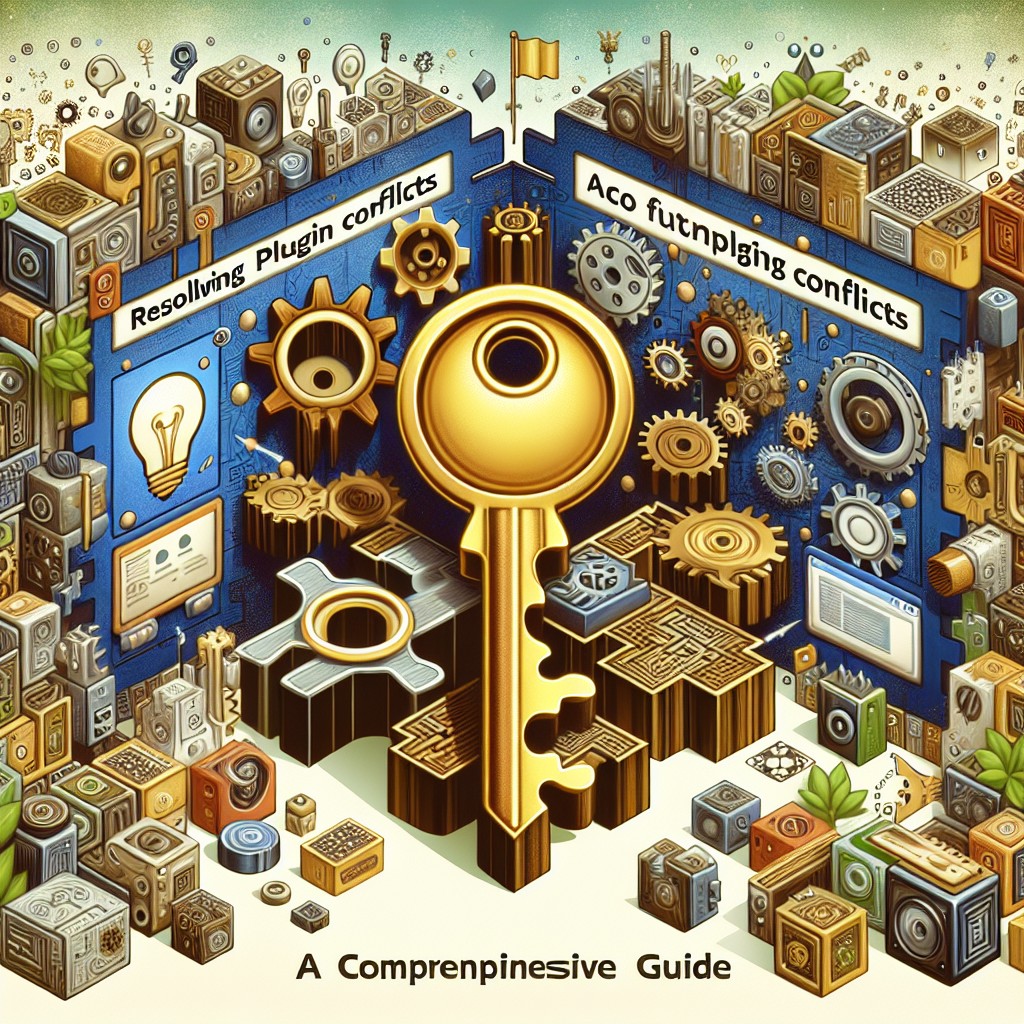Physical Address
304 North Cardinal St.
Dorchester Center, MA 02124

As a seasoned tech professional, I often encounter the frustrating predicament of plugin conflicts while managing websites. Recently, I faced a significant challenge when a plugin update disrupted the functionality of my site. The notification was as clear as it was alarming: parts of the website were crashing, and certain features were rendered unusable. This experience compelled me to delve deeper into the nuances of plugin conflicts, and through a systematic approach, I developed a comprehensive guide to resolving these issues, which I am eager to share.
Plugin conflicts occur when two or more plugins attempt to interact with the same resources, which can lead to errors, unexpected behavior, or a complete breakdown of functionality. To effectively tackle this issue, it is essential to recognize common symptoms and grasp their potential causes.
The first step involves isolating which plugin is causing the issue. Follow these steps:
Once the plugin is identified, check whether there are updates available:
If updating does not resolve the conflict:
If the problem continues:
If no solutions are achievable:
Resolving plugin conflicts is an essential skill for anyone managing a website. Through careful identification, methodical updates, and proactive communication, I transformed what initially seemed like a daunting task into a manageable process. Armed with this comprehensive guide, you’ll be equipped to tackle plugin issues confidently, ensuring your website remains functional and efficient.
A plugin conflict occurs when two or more plugins interfere with each other’s operations, resulting in errors or unexpected website behavior.
Regularly update plugins, limit the number of plugins used, and ensure plugins are compatible before installation.
Most plugins have dedicated support forums or documentation available on their official websites.
By embracing a proactive approach to plugin management, any website administrator can overcome these conflicts and maintain a smooth user experience.